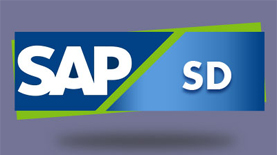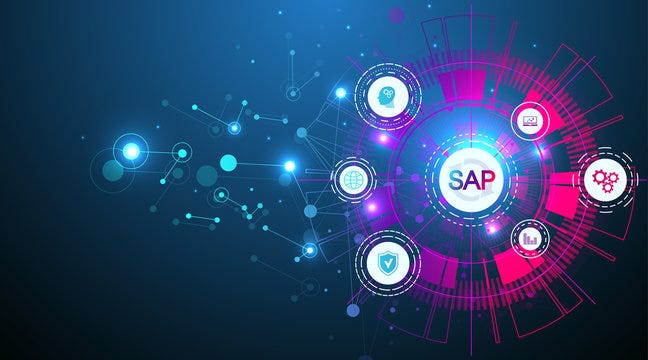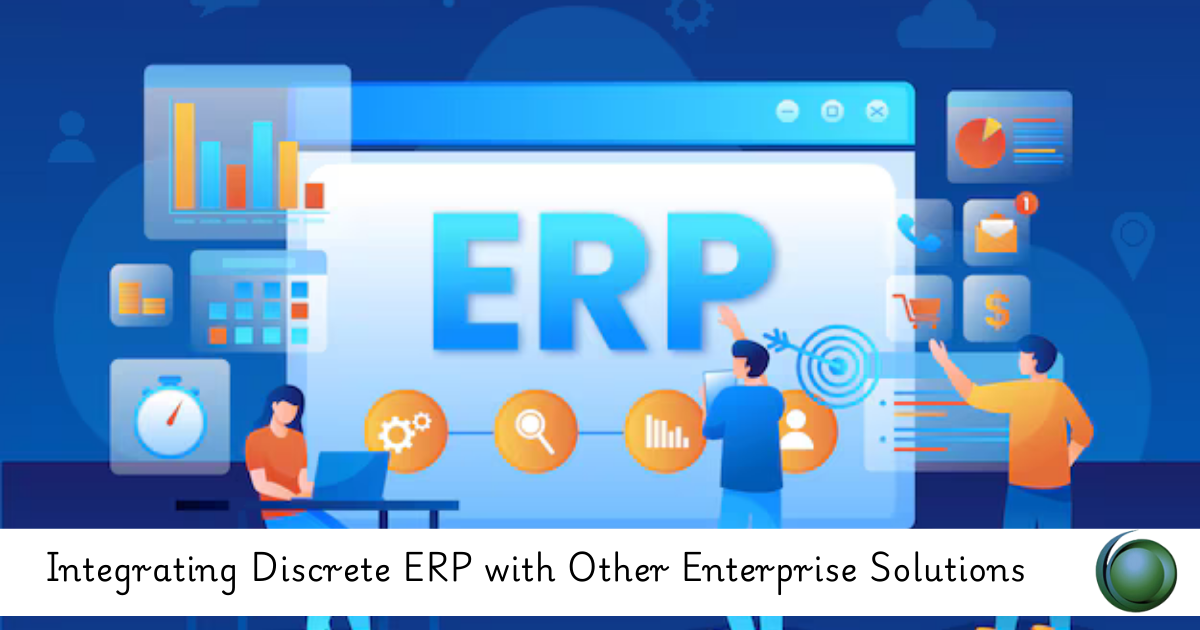Description
Introduction to SAP FICO, MM, and PP
SAP FICO (Financial Accounting and Controlling), MM (Materials Management), and PP (Production Planning) are core modules in SAP ERP that support the primary business functions of finance, procurement, materials management, and production. These modules enable organizations to streamline operations, enhance reporting accuracy, and improve decision-making.
- SAP FICO: SAP FICO is essential for managing financial accounting and controlling functions. It integrates financial transactions, accounting, and internal cost tracking across an organization.
- SAP MM: SAP Materials Management (MM) handles procurement and inventory functions, ensuring efficient handling of goods and materials within the supply chain.
- SAP PP: SAP Production Planning (PP) supports the manufacturing process by managing production scheduling, inventory management, and material planning.
Together, these modules ensure seamless integration between financial accounting, materials procurement, and production planning, enabling businesses to optimize their operations and manage resources effectively.
Prerequisites
To effectively work with SAP FICO, MM, and PP, the following prerequisites are essential:
- SAP ERP or SAP S/4HANA System: A functional SAP ERP or S/4HANA system setup.
- Basic Understanding of SAP Navigation: Familiarity with the SAP GUI and basic navigation across SAP modules.
- Knowledge of Core Business Processes: Understanding the business processes for finance, procurement, inventory, and production is crucial.
- SAP Configuration and Master Data Management: Knowledge of configuring key master data elements like accounts, materials, and production orders.
- System Integration Knowledge: Understanding the integration between SAP FICO, MM, and PP for efficient data flow across modules.
TABLE OF CONTENT
1.SAP FICO (Financial Accounting and Controlling)
- Introduction to SAP FICO
1.1 Overview of SAP FICO
1.2 Key components and functionality - Financial Accounting (FI)
2.1 General Ledger (GL)
2.2 Accounts Payable (AP)
2.3 Accounts Receivable (AR)
2.4 Asset Accounting (AA) - Controlling (CO)
3.1 Cost Element Accounting
3.2 Cost Center Accounting
3.3 Profit Center Accounting
3.4 Internal Orders
3.5 Profitability Analysis (COPA)
3.6 Product Costing - Integration with other SAP Modules
4.1 Integration with MM and SD
4.2 Controlling integration with other modules - Reporting and Analytics
5.1 Financial statements
5.2 Controlling reports
5.3 Drilldown reporting - Configuration and Customization
6.1 Basic settings
6.2 Chart of accounts
6.3 Fiscal year variants
6.4 Posting periods
2.SAP MM (Materials Management)
- Introduction to SAP MM
1.1 Overview of SAP MM(Ref: Introduction to SAP Financial Supply Chain Management(FSCM))
1.2 Key components and processes - Master Data
2.1 Material Master
2.2 Vendor Master
2.3 Info Records - Purchasing
3.1 Purchase Requisition
3.2 Purchase Order
3.3 Request for Quotation (RFQ)
3.4 Outline Agreements - Inventory Management
4.1 Goods Receipt
4.2 Goods Issue
4.3 Stock Transfer - Valuation and Account Determination
5.1 Price Control
5.2 Split Valuation
5.3 Account determination - Integration with other SAP Modules
6.1 Integration with SD and PP
6.2 Material document flow - Reporting and Analytics
7.1 Stock reports(Ref: Coupa Inventory Management: Keeping Track of Stock Levels)
7.2 Purchase reports
7.3 Material document reports - Configuration and Customization
8.1 Document types
8.2 Number ranges
8.3 Release procedures
3.SAP PP (Production Planning)
- Introduction to SAP PP
1.1 Overview of SAP PP
1.2 Key components and processes - Master Data in PP
2.1 Material Master
2.2 Bill of Materials (BOM)
2.3 Work Center - Production Planning
3.1 Production Orders
3.2 Planned Orders
3.3 MRP (Material Requirements Planning) - Capacity Planning
4.1 Capacity Requirements Planning (CRP)
4.2 Rough-Cut Capacity Planning (RCCP) - Shop Floor Control
5.1 Goods Issue
5.2 Goods Receipt
5.3 Confirmation - Integration with other SAP Modules
6.1 Integration with MM and SD
6.2 Production order integration
Conclusion
SAP FICO, MM, and PP are foundational modules that integrate the essential functions of finance, materials management, and production planning. Together, they help organizations automate processes, ensure data consistency, and improve decision-making across business functions. By leveraging these modules, businesses can gain better control over financial management, procurement, and manufacturing, driving operational efficiency and profitability. Implementing SAP FICO, MM, and PP as part of a comprehensive ERP strategy offers significant benefits in streamlining workflows, reducing costs, and improving overall business performance.







Reviews
There are no reviews yet.